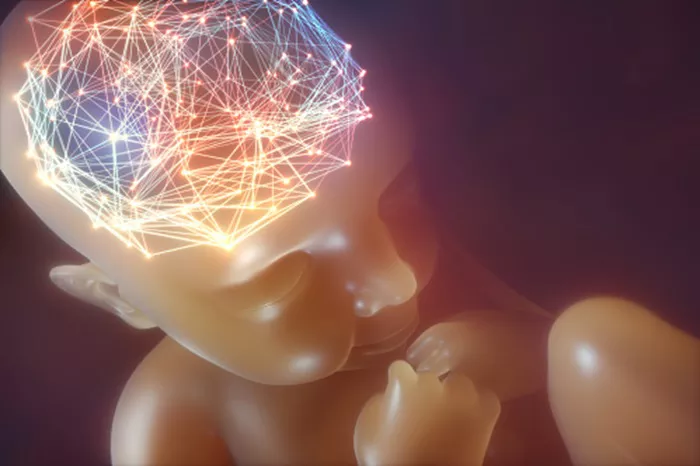A recent study by Utrecht University Medical Centre indicates that supplementation with Lysoveta, a krill oil ingredient from Aker BioMarine, may protect newborns from brain damage and nerve cell loss due to hypoxia-ischemia, a condition caused by a lack of oxygen and blood flow to the brain at birth.
When a baby is born and struggles to start breathing quickly, they can suffer from hypoxic-ischemic (HI) brain injury. This condition can significantly affect the baby’s health and development and can even lead to neonatal mortality.
Currently, available treatments provide only partial protection, highlighting the urgent need for more effective solutions for this potentially fatal condition.
Neuroprotective Benefits of EPA and DHA
The study found that short-term supplementation with Lysoveta provided several neuroprotective benefits in mice with neonatal HI brain injury:
Protection against the effects of HI brain injury
Reduction of grey and white matter loss
Mitigation of oxidative stress caused by HI brain injury
However, the study did not find any enhancement in the efficacy of mesenchymal stem cell therapy, a common treatment for HI brain injury, when combined with Lysoveta.
SEE ALSO: Can I Eat Apples While Breastfeeding?
Further Research Necessary
The study also observed that mice supplemented with Lysoveta showed no functional improvements within the 7-day study period. Researchers suggest this may be due to the administration of a non-optimal treatment dose, inefficient timing of supplementation, or inadequate timing of administration.
To determine if Lysoveta can offer functional improvements, the company plans to explore an optimal treatment regimen in a follow-up study.
Line Johnsen, SVP Human Health Ingredients R&D at Aker BioMarine, stated: “Neonatal brain injury has been shown to reduce the amount of DHA in the brain. The hypothesis is that nutritional supplementation with DHA could help reduce this deficiency and thus the risk of brain injury. Considering that the EPA and DHA in Lysoveta are part of a specific molecular structure (LPC) that leads to the accumulation of DHA in the brain, we believe it holds great potential to mitigate brain injury, as evidenced by this recent study.”


